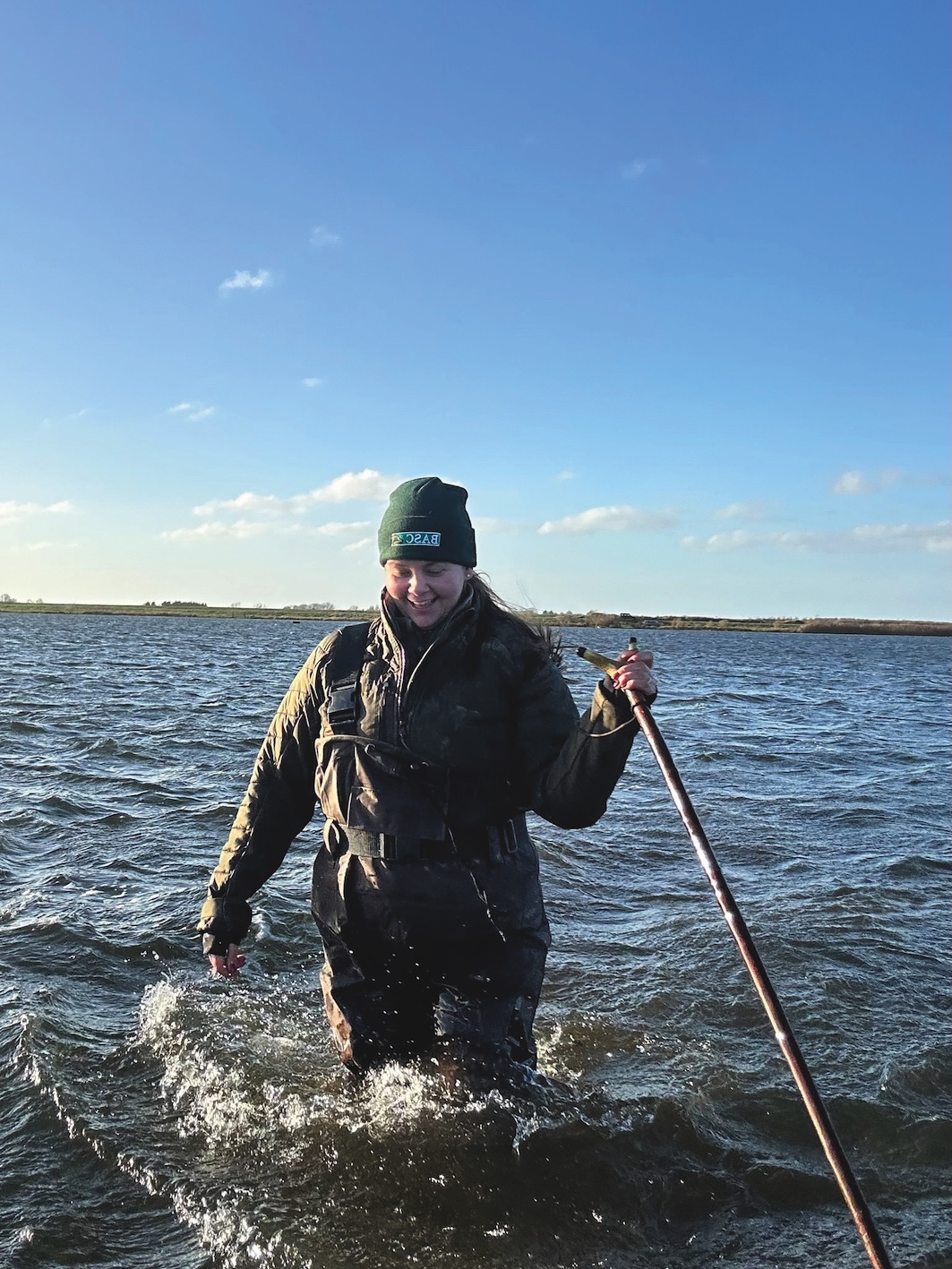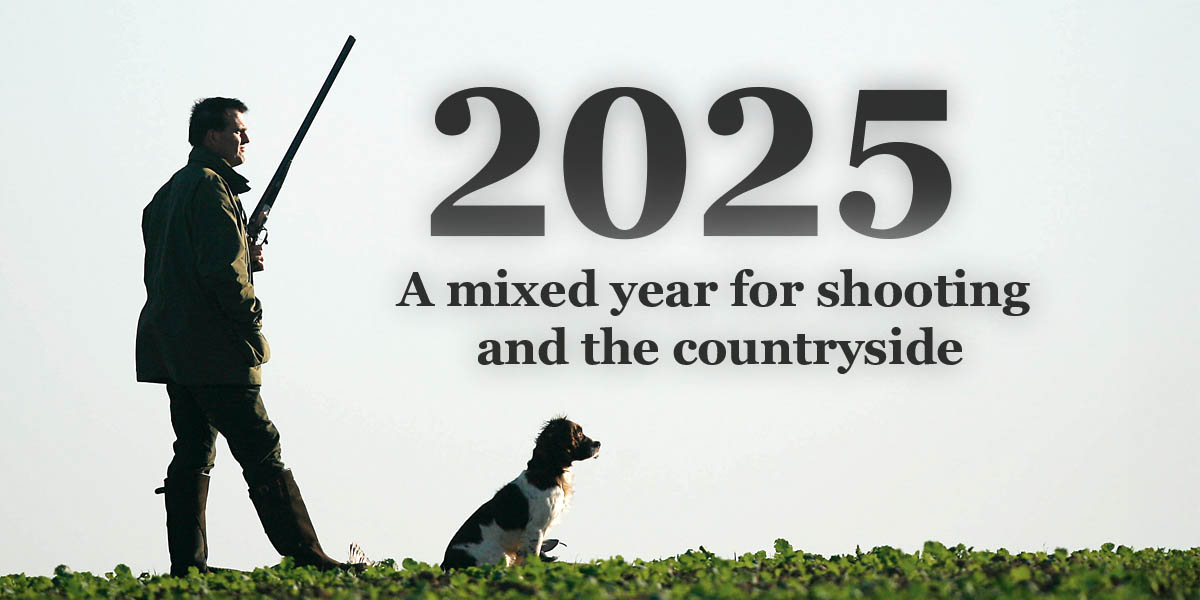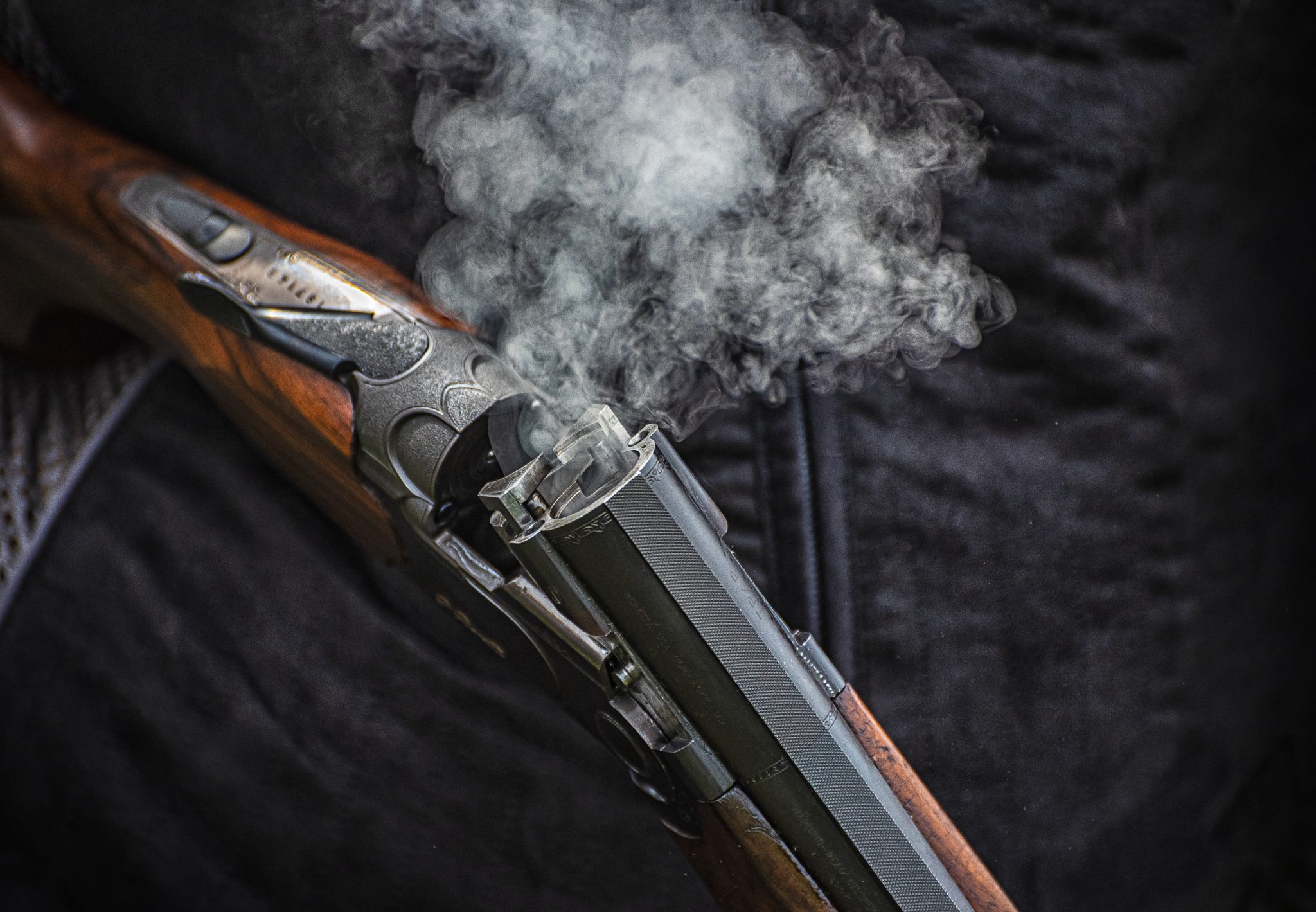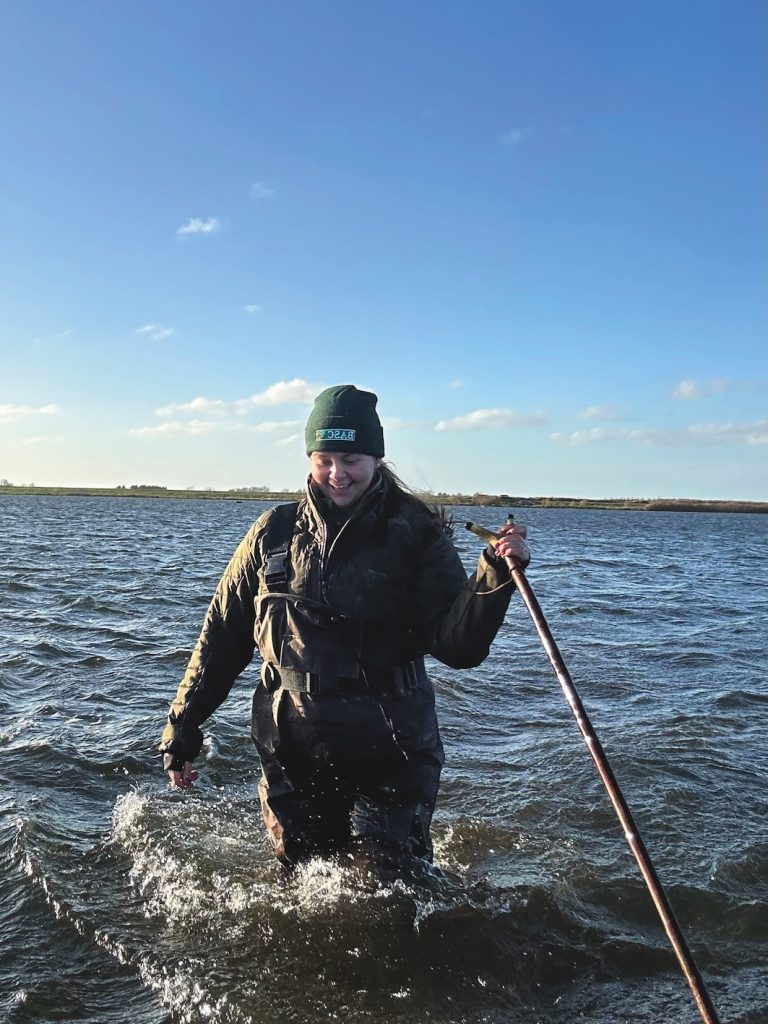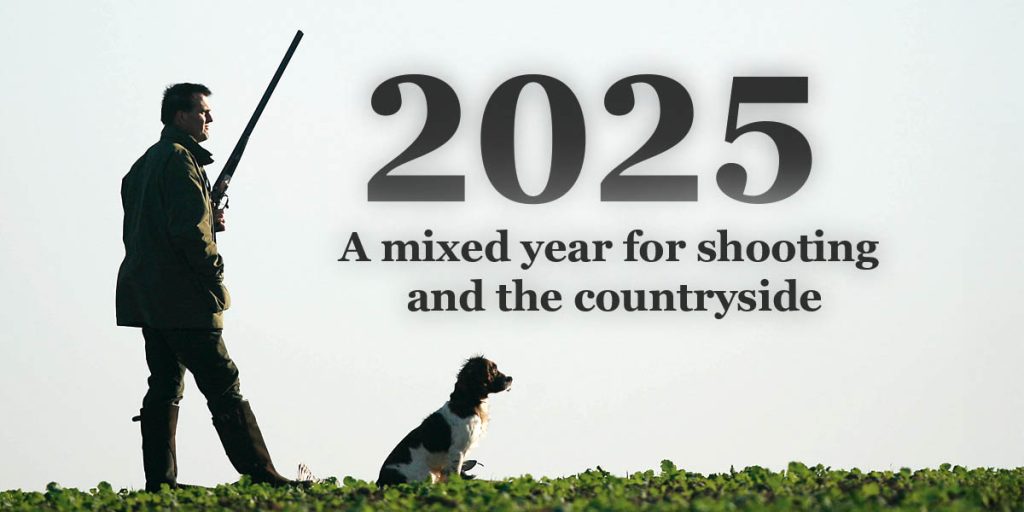Win CENS ProFlex DX5 earplugs worth £1,149 – enter here
How to….. Stop Poachers in their tracks
<strong>The law is on the gamekeeper's side when it comes to poaching - David Frost investigates the powers you can deploy on your own shoot</strong>
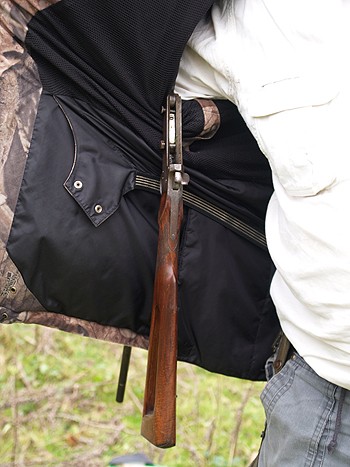
Some years ago, I was wildfowling with my friend Kevin on the east coast and we dropped into the chippie at Sutton Bridge for our supper. Among the dozen or so in the queue was an acquaintance. After the usual greeting, he said: ?I got 98 the other day.?
?Ninety-eight what?? asked Kevin.
?Pheasants, of course,? he replied.
?Where was that then??
?Sandringham. I tried to make it 100, but it?s difficult with an air rifle. They?ve taken my shotgun certificate away because I was caught poaching.?
In a sense, that sums up the problem with poaching. It has a romantic air about it and nobody in the queue batted an eyelid as they heard the story unfold. I doubt if the reaction would have been quite so muted if 98 television sets had been stolen from people?s homes. Across the Channel, the romanticism in parts of France is such that at Chaon, in the Sologne, there is a small purpose-built museum dedicated to poaching, in particular, the fictional poacher Raboliot, created by Maurice Genevoix.
The romantic picture is of the poor cottager taking the occasional rabbit to feed his starving family at the expense of the money-grabbing landowner. If that?s all it was, there?d be no problem. The reality is more prosaic. A good deal of poaching, especially hare coursing, is done for money, sometimes for devilment.
Partridges and pheasants fetch comparatively little on the market, but deer can be valuable and are frequently a target. A local keeper told me that he reckons 20 to 30 deer have been taken off his shoot in the past couple of years. Occasionally, he?s seen the culprits, but can?t catch them in his Land Rover and the police are far too slow to respond. Another keeper suffers the loss of gamebirds to poachers from the neighbouring town, armed with air rifles. The folding .410 has long been a favoured firearm, too.
Power to the keeper
Keepers actually have considerable powers in relation to poaching, especially if it is being conducted at night. Much of the legislation is old, but seems to have stood the test of time. A poacher does not have to be in possession of game for a crime to have been committed. Merely searching for game is sufficient to count as poaching, even if none is found.
Moreover, case law shows that the bench is entitled to accept circumstantial evidence, such as the possession of rabbits and nets, as proof of poaching.
The 1828 and 1844 Night Poaching Acts give owners and occupiers of land ? lords of the manor and their gamekeepers or other servants ? the right to apprehend a poacher on the land, on public roads and highways crossing the
land or away from the land if they have been pursued. Anyone so apprehended must be turned over to the police as soon as possible. Game in this context includes hares, rabbits, pheasants, partridges and grouse, but not deer. In 1828, the punishment for a first or second offence was hard labour, but for a third offence you could be transported. No doubt some keepers will have cause to regret that this provision no longer exists. There?s a certain irony in the fact that many will have been transported to Australia for poaching rabbits, which are now a serious pest down under.
Daytime poaching is covered by the 1831 Game Act and 1832 Game (Scotland) Act. Game here includes hares, rabbits, pheasants, partridges, grouse and wild duck, the latter in Scotland only. Deer are not included. Keepers have the right to require anyone suspected of poaching to give his name and address. Anyone declining to give such information, giving false information or not leaving the land on request may be arrested and handed over to the police. Any game in the possession of a poacher may be seized. The former right of certain nominated keepers in England and Wales to seize engines and other equipment used for poaching no longer exists and never applied in Scotland. Now only the police may search suspected poachers, but magistrates may order the forfeiture of guns and other equipment used in poaching. If you can get a poacher
convicted, the confiscation of his car and other property can be a powerful deterrent. It?s worth ensuring that your lawyer points this out to the bench.
Sadly, given the prevalence of deer poaching, a keeper?s powers in respect of deer are much more limited. In England and Wales, a keeper may require a suspected poacher to give his name and address and to leave the land. It is an offence not to comply, but the act confers no specific right of arrest or seizure. Keepers in Scotland have no such rights and all rights of enforcement there lie with the police.
It?s an ill wind that does nobody any good and this applies to the legislation passed in an attempt to ban hunting. Hunts may be inconvenienced, but the hunting acts are a useful tool for keepers in England, Wales and Scotland who are plagued by the illegal coursing of rabbits, hares and deer. Coursing is now an offence itself and there is no need to prove that poaching was involved.
Firearms legislation can be useful since it creates the offence of armed trespass. Anyone found on land with a firearm (which includes an airgun) without good reason commits the offence. It is up to the trespasser to show that he had good reason, rather than the landowner to know that he did not. More recent legislation makes it an offence to fire an airgun pellet over someone?s land without their permission, so drive-bys with an airgun can be charged as two offences.
Greater support is needed
The difficulty lies in catching the poachers in the first place, a fact of which they are well aware. A keeper can?t be everywhere. In districts with a poaching problem, it helps if keepers are in contact with each other and can exchange information. The countryside can be an empty place, so it pays to keep on good terms with farm workers who may spot illegal activity from the lofty vantage point of their machinery. If beaters and other shoot workers know there is a problem, they too can keep an eye open if they?re in the vicinity of the shoot. Some will happily make a detour to help.
A few police forces are tackling the more general problem of rural crime by enlisting gamekeepers as special constables. Implicit in the deal is that the specials will only be employed in rural areas and not on urban policing. Signing up as a special could be a real benefit in areas where poaching is a problem, as the gamekeeper has much more power and resources to call upon when in uniform.
It can be a struggle persuading the police that poaching is a serious matter. Without support, it can be a lonely life trying to apprehend poachers. Violence is often resorted to and it?s no wonder some keepers have an Alsatian in their kennels along with the Labradors and spaniels. In a society riddled with notions of human rights, the keeper?s powers of arrest need to be exercised with circumspection.
Though most game laws date back more than 150 years, there?s little appetite to update them in England and Wales. However, the Scottish Government is now considering a Wildlife and Natural Environment (Scotland) Bill. If enacted, it could come into force in 2011 and would sweep away all the old Scottish laws and bring game legislation into line with the principles of the 1981 Wildlife and Countryside Act. As currently drafted, it would make little practical difference to keepers in Scotland. In particular, it retains the single witness evidence provisions that are so useful in a country where two witnesses are often required.
David Frost is the author of Sporting Shooting and the Law, which costs £6 and is available from the National Gamekeepers? Organisation. For more information, visit www.nationalgamekeepers.org.uk.
Related Articles
Get the latest news delivered direct to your door
Subscribe to Shooting Times & Country
Discover the ultimate companion for field sports enthusiasts with Shooting Times & Country Magazine, the UK’s leading weekly publication that has been at the forefront of shooting culture since 1882. Subscribers gain access to expert tips, comprehensive gear reviews, seasonal advice and a vibrant community of like-minded shooters.
Save on shop price when you subscribe with weekly issues featuring in-depth articles on gundog training, exclusive member offers and access to the digital back issue library. A Shooting Times & Country subscription is more than a magazine, don’t just read about the countryside; immerse yourself in its most authoritative and engaging publication.



